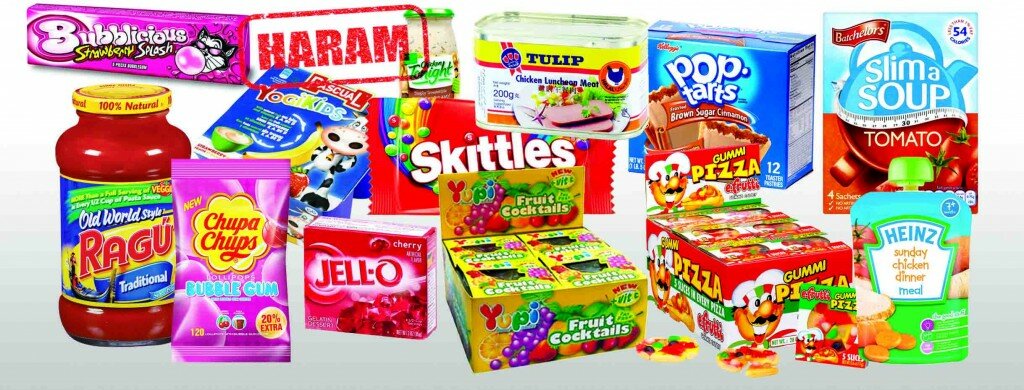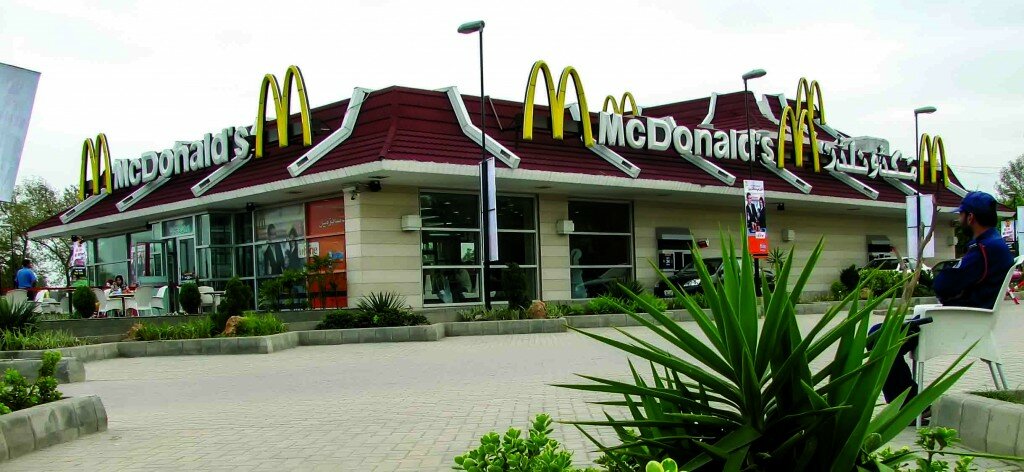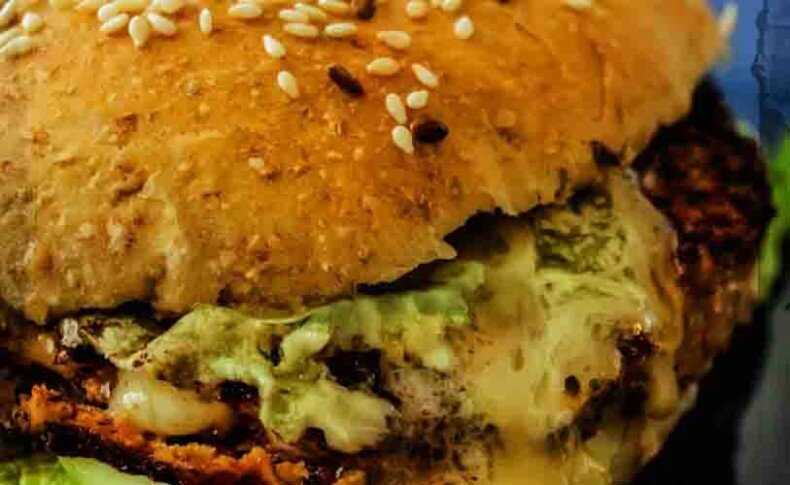By Yasir Habib Khan –
The rotten eggs of the food industry
Reality always bites and it is a souring fact that almost 90 percent products consumed in Pakistan are not Halal (permissible to be used under Islamic Sharia) catching everyone off guard and raising a big question mark on the implementation of Muslim dietary law enshrined in the 1973 Constitution.
Stark revelations surface after the government has stepped up some efforts to outline Halal standards and legal framework with critical analysis of the current situation. Market surveys show the import and export of Halal products to be a part of a World Halal Market crossing over three trillion US dollars.
Halal Development Project’s recent studies dampened some popular myths in the country. On the international front, Pakistan is not considered a producer of Halal products despite 93 percent of the country’s Muslim population believing that slaughtering, processing, packaging and other procedures here are according to Islamic instruction. Pakistan is banned from exporting any product tagged with ‘Halal’ logo to any part of the world except Middle East. Governments of China, Africa and Europe refuse to buy Pakistani products with the logo on them.

Pakistan Halal Accreditation Committee member and Jamia Naeemiya chief administrator Raghib Naeemi told Pique magazine that ignorance had exposed people into consume non-Halal foods in abundance. Islamic Sharia had set clear cut rules to declare items as Halal and Haram, he said, but who bothered with the letter and spirit. “Solution lies in prompt making of law, sensitization among people and curbing businessmen to stamp out Non-Halal practice.”
Since basic standards and rules have yet to be drafted to declare Halal or Haram, international brands predominantly McDonalds, Lays, Proctor & Gamble and Cadbury have stuffed Pakistan market with non-Halal items.
McDonalds is most notorious among international food chains in bluffing customers with the Halal logo. Recently, McDonalds Pakistan was accused of using expired meat. Customs records proved that McDonalds imported 110 tons of chicken in two months (May and June) from China that had gone rotten. But McDonalds Pakistan Director Marketing Jamil Mughal claimed that company sold only Halal meat. In the absence of law, McDonalds got away without investigation here, but in America it had to stop serving customers at its two branches and make a $700,000 settlement over a lawsuit that alleged the items weren’t consistently Halal.
The sale of Cadbury chocolates, susceptibly containing pork traces, continues throughout Pakistan. Though Malaysian authorities, which earlier claimed pig DNA (highly prohibitive in Islam) was being used in Cadbury products, finally clarified after more research that Cadbury products did not contain prohibited items. However it did not disprove Ministry of Health reports that found pig traces. After the case made headlines, Saudi Arabia and Indonesia have launched their own verification processes but Pakistan government is still in deep slumber.
Punjab Halal Development Agency (PHDA) officials revealed that PHDA had encircled almost 100 companies, including Cadbury, which were suspected of using pork and other Haram stuff in their products and marketing them with impunity. “Let PHDA gain the status of an official authority to hold illegal practice in check,” he added.
Halal Research Council officer Ms. Shugufta said that following the Lays chips scam, the Cadbury chocolate case created doubtful ripples. “HRC will ensure that consumers use only Halal things by intensifying market awareness,” she said.
Halal is a Quranic term which means allowed or lawful. Halal food items include all plants and their products, Halal slaughtered meat, poultry, game birds and Halal animal’s ingredients, all water creatures, fish, crustaceans and mollusks, eggs from acceptable birds only, Non Animal Rennet (NAR, culture) or rennet from Halal, slaughtered calves, gelatin produced from Halal Bovines and Ovine bones or skins.

In a recent development, Ministry of Science and Technology Pakistan declared 23 imported food products as Haram, these included Bubblicious, Ragu, Pascual Yogi Kids, Chupa Bubble, Rice Chicken Broccoli, Jell-O, Pasta Chicken Broccoli, Chicken Tonight, Skittles, Skittles Fruits Jar, Picnic Chicken, Skittles Fruit 15p, Chicken Soup, SliMa Soup, Yupi Fruit Cocktails, Cup a Soup, Gummi Pizza, Yupi Footballs, Heinz Dinner Chicken, Strawberry Leaf, Pop Tarts, Tulip Chicken and Pasta Creamy Chicken.
The ministry informed a commerce secretary, member customs and all chief secretaries of five provinces and AJK to check imports and sale of food products containing ‘Haram’ ingredients in the country but all in vain.
The domestic market is also abound with Haram imported animal meats. Goats, lambs, buffalos, cows and chicken are being slaughtered in violation of the West Pakistan Slaughter Control Act 1963, which instructs that the slaughtering of small and large ruminants should be strictly undertaken in recognized places with ante-and-post-mortem veterinary inspection.
Except, Pakistan’s first government authorized the Lahore Meat Complex at Shahpur Kanjran built at the cost of Rs. 1.30 billion in Punjab as the standard bearer of slaughterhouse practice; however the country is currently plagued by more than 10,000 illegal abattoirs.
PEMCO, Lahore Meat Complex senior project manager Naveed Sadiq said that these unlawful slaughterhouses were hubs of animals butchered through non-Halal methods in unhygienic conditions. So far out of 53 private abattoirs, only 16 were approved by GCC countries. “We charge just Rs. 90 for goats and Rs. 600 for cows but these informal slaughterhouses charge Rs. 1000 to Rs. 3000 to get fake stamps of dead and sick animals,” he added.
Meat Welfare Association Lahore President Aamir Hanif Qureshi said that illegal business flourished and the relevant authorities preferred to stay still.
All Pakistan Meat Processors and Exporters Association general secretary Syed Hassan Raza said most restaurants even 2, 3 or 4 star hotels not only purchased dead animal meat but also bought meat of donkeys, horses and other animals strictly prohibited by Islam.
Chicken meat being used daily and available in supermarkets does not fulfill the criteria of Halal procedures. Private companies use electric shocks to kill and process chicken meat. Even the ordinary shops located in every street do not bother to slit the chicken’s neck saying Takbeer.
Former Pakistan Poultry Association chairman Abdul Basit deplored the distressing situation. He said that unless proper rules were not devised, illegal slaughtering would continue.
So far there is no laboratory in Pakistan to identify meat as Halal or Haram. Pakistan Council for Scientific and Industrial Research (PCSIR), though, claims to have developed a Halal Authentication Laboratory.
However, Pakistan Halal Product Development Board vice chairman Hasnain Reza Mirza disclosed that PCSIR lacked complete paraphernalia to clinically check Halal and Haram products. He said that from tooth brush to kids’ items, cosmetics to meat, millions of items being marketed in the country had no proof to be called Halal.
On the more positive side, Trade Development Authority Pakistan chief SM Muneer held the view that the situation would soon improve as TDAP had set up Pakistan Halal Department to play an important role.
The writer is a journalist based in Islamabad






























































































